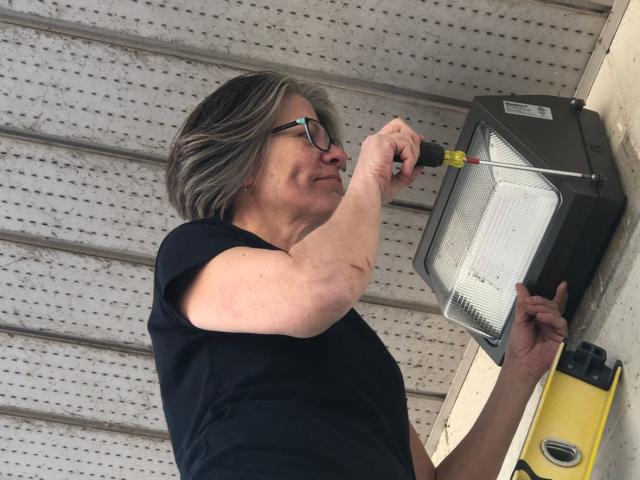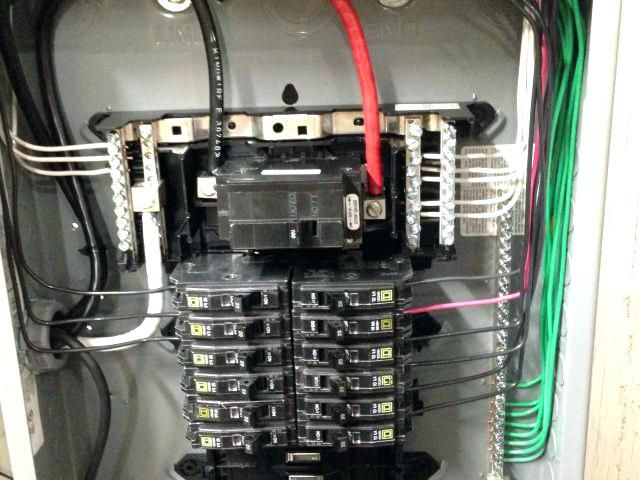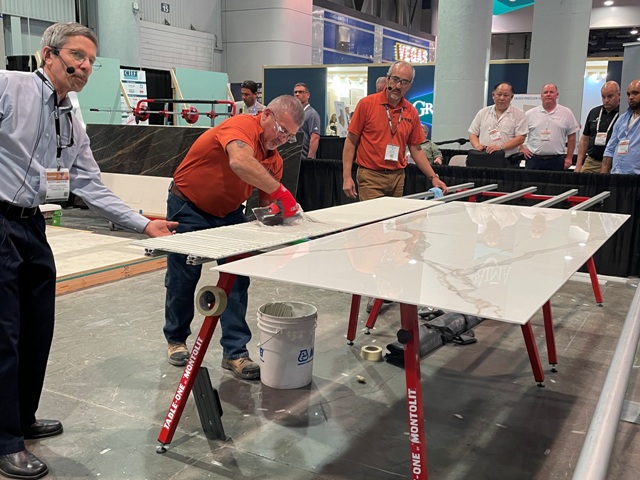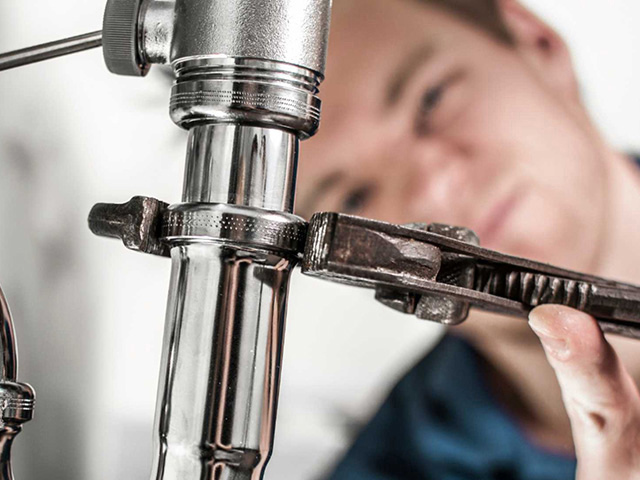Normally, a typical United State family member invests greater than $1600 a year on home utility bills! As well as sadly, a big portion of the power utilized in the home is thrown away. Likewise, did you know that the electrical power produced by nonrenewable fuel sources for a single home puts extra carbon dioxide (CO2) right into the air than two ordinary autos?
Below is the good news! There remains in reality a great deal you can do to conserve energy and cash at home! Start by making small changes today, you can lower your power consumption to 25%!
Sight your home as a power system with synergistic components and take a whole-house technique to conserve energy making certain that the bucks you invest to save power are spent sensibly. Energy-efficient enhancements do not just make your residence a lot comfier, but they can generate long-lasting financial incentives. Reduced utility expenses more than makeup for the greater price of energy-efficient home appliances and renovations over their lifetimes. In addition, your residence might bring in a higher rate when you sell.
Securing the air leak is one of the essential points you must consider. Do you understand that cozy air dripping into your residence during the summer and out of your house throughout the winter might squander you a lot of energy dollars ?!!

Do not fret! Simply act upon the following straightforward actions will certainly do:
- Evaluate your home for air rigidity. On a gusty day, hold a lit incense stick beside your home windows, doors, electrical boxes, plumbing fixtures, electric outlets, ceiling fixtures, attic hatches, as well as various other locations where there is a possible air path to the exterior. If the smoke stream takes a trip horizontally, you have actually found an air leak that may require sealing.
- Caulk windows and doors that leak air.
- Caulk and also seal air leakages where plumbing, ducting, or electrical circuitry penetrates through outside walls, floors, and ceilings.
- Mount rubber gaskets behind the outlet and also switch plates on outside walls.
- Try to find unclean places in your insulation, which typically show holes where air leaks into and out of your house. You can secure the holes by stapling sheets of plastic over the holes and caulking the edges of the plastic.
- Set up double-glazed windows over single-pane home windows or change them with double-pane home windows.
- When the fireplace is not in use, maintain the smoke shaft damper firmly closed. The warm air runs away 1 day a day until you close it throughout the winter months!
- For new buildings, reduce exterior wall surface leakages by either mounting home wrap, taping the joints of exterior sheathing, or thoroughly caulking and sealing the outside wall surfaces.
Taking a whole-house approach to energy conservation is an effective way to reduce utility bills and minimize the negative impact of energy consumption on the environment. Upgrading to energy-efficient appliances and home systems can also make your home more comfortable and attractive to potential buyers if you decide to sell.
Another area where homeowners can save money and energy is through water conservation. Fixing leaks in faucets, toilets, and pipes is a simple and effective way to reduce your water bill and prevent water waste. Replacing older appliances like washing machines and dishwashers with newer, more water-efficient models can also lead to significant savings over time.
In addition to taking individual actions, homeowners can also consider joining community programs aimed at promoting energy conservation and sustainability. These programs can provide access to resources like energy audits, rebates, and incentives for upgrading to energy-efficient appliances and systems. By joining together to reduce energy consumption, communities can make a significant impact on the environment and reduce energy costs for everyone involved.
Ultimately, reducing your energy consumption at home is an ongoing process that requires commitment and effort. By making small changes today and continuously striving to improve, you can not only save money on utility bills but also contribute to a healthier and more sustainable future for generations to come. Head over to DisneyWire for more tips on lowering utility costs.




